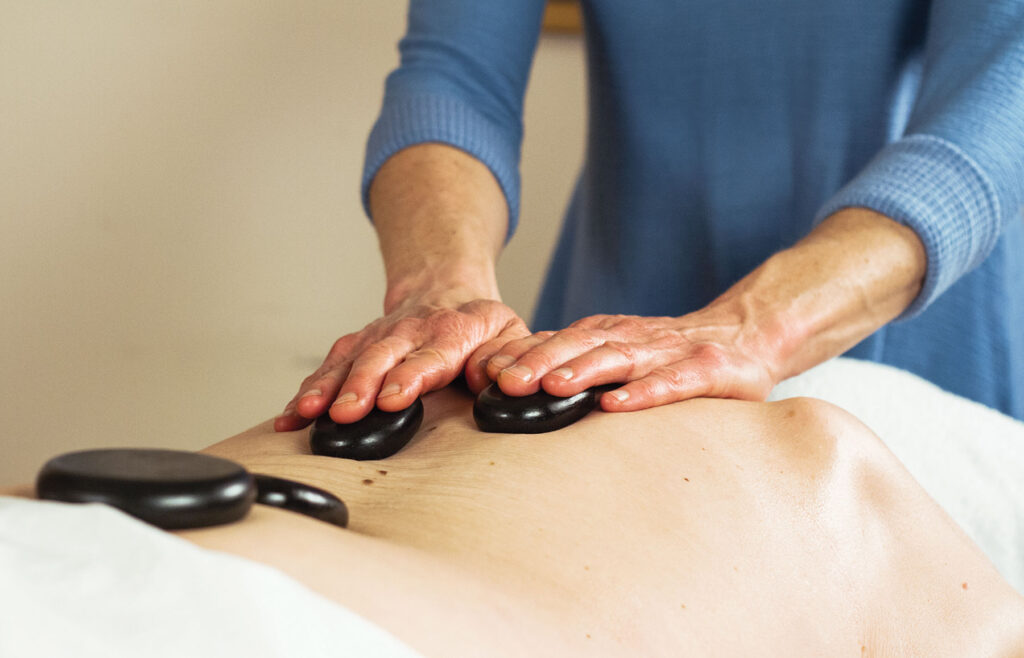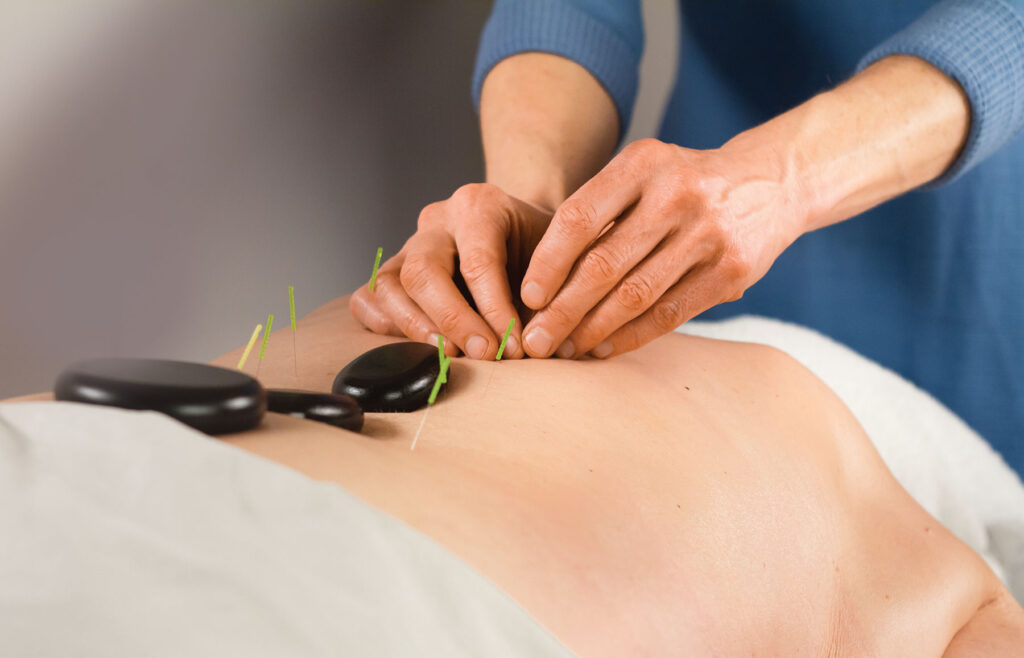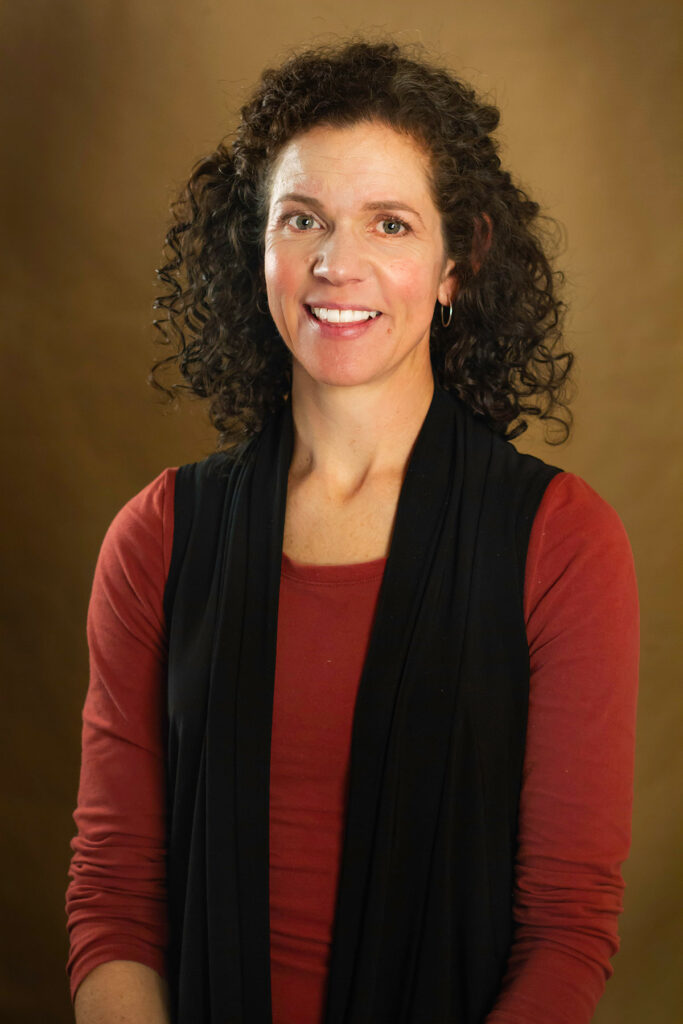Jennika Wildau, L.Ac.
Jennika Wildau has been in practice since 2001. She received her BA in Anthropology from the University of Virginia in 1996. As an outgrowth of her studies in Medical Anthropology, Jennika went on to earn her MS in Oriental Medicine from Southwest Acupuncture College in 2001.
Jennika is professionally trained in Japanese-style acupuncture, Auricular Acupuncture, Cosmetic Acupuncture, East-Asian bodywork & manual medicine, Hot Stone Massage, Chinese Herbal Medicine, and Nutrition Therapy. Jennika has received extensive post-graduate training with 2 senior masters of Traditional East-Asian Medicine: The late “Doc” Rosen (the first licensed acupuncturist in Colorado), and Jeffrey Dann, with whom she shared a practice at Aloha Wellness Associates for 15 years.
Jennika specializes in the treatment of acute and chronic pain, injury rehabilitation, mental-emotional disorders, and adolescent care.
Jennika’s unique treatment style combines Japanese-style acupuncture and moxibustion with manual therapies to treat pain/injuries, and to integrate the energetic effects of acpuncture into the physical body.
These manual therapies are also used for patients who do not wish to receive insertive acupunture needling.
Manual therapies include but are not limited to:
- Sotai (a form of Japanese physical therapy)
- Shiatsu & Anma (styles of Japanese massage)
- Cupping, Guasha & other Japanese non-insertive tools for acupressure & myofascial release
- Hot Stone Meridian Therapy (hot stone massage)
Jennika is also a “movement therapy junkie,” and is inspired by all forms of movement therapy, including Yoga, Gyrotonics, Feldenkrais, and dance. She is constantly exploring the relationship between movement and the traditional Asian concepts of meridians, the 5 elements, organs, yin, yang and qi. She uses her personal explorations in these movement therapies to inform the way she treats and educates her patients.
Philosophy
Integration
I am dedicated to working closely and cooperatively with physicians and other medical specialists in order to complement and enhance conventional treatment methods. I believe that alternative and conventional therapies can work synergistically to treat difficult conditions by obtaining more profound and enduring results than what can be accomplished by using a singular approach.
Constitutional Approach
An individual’s constitution determines how illness will manifest and which factors are likely to trigger, accelerate, halt, or reverse the disease process. The goal of employing a constitutional approach to medicine is to identify the themes and tendencies in a patient’s medical history, in order to assess and directly treat one’s inherited strengths and weaknesses through the use of diet, exercise, acupuncture, nutrition, and herbs. My intention is to help my patients develop lifestyles and habits that are appropriate and beneficial to their constitutional nature.



